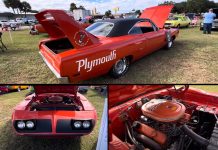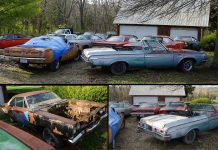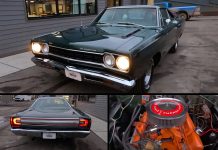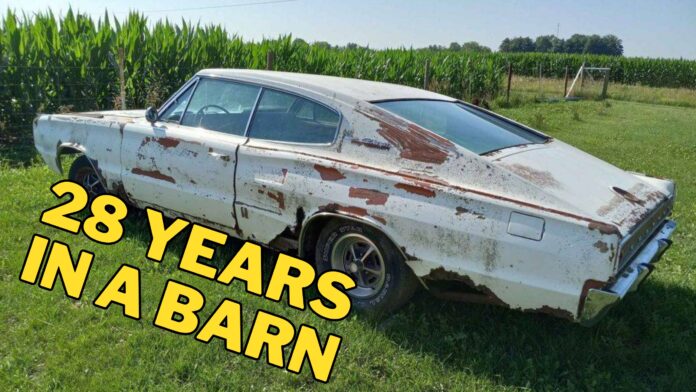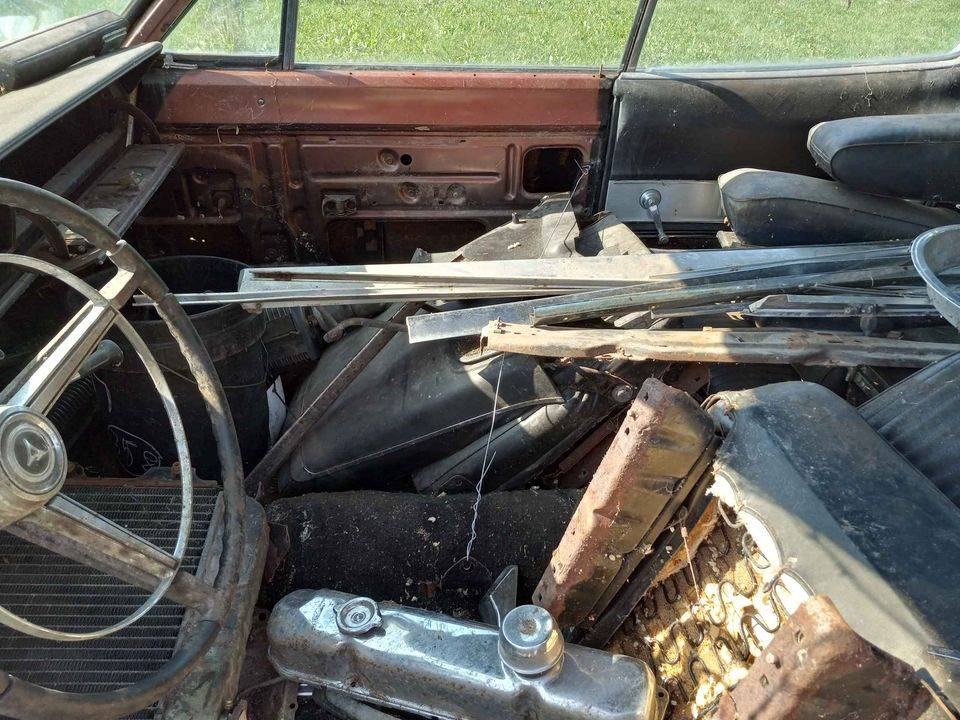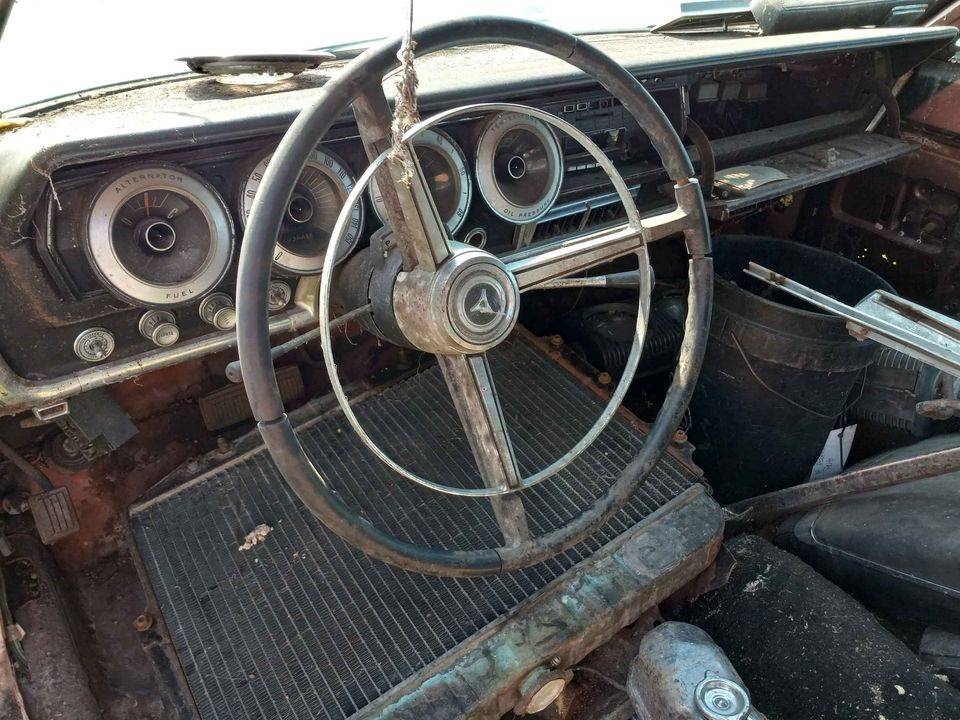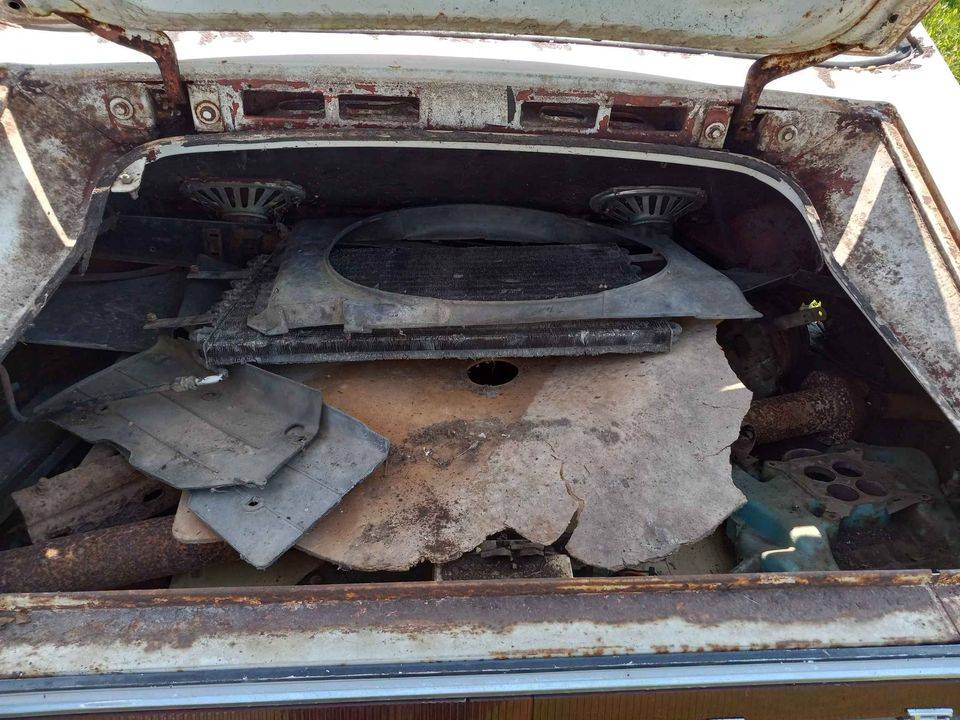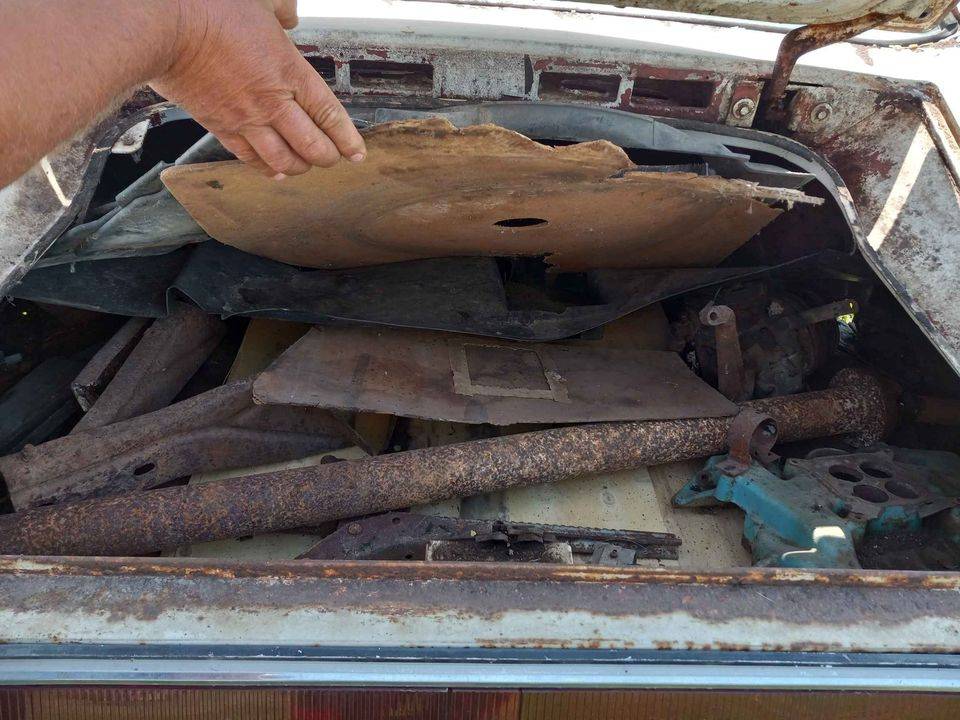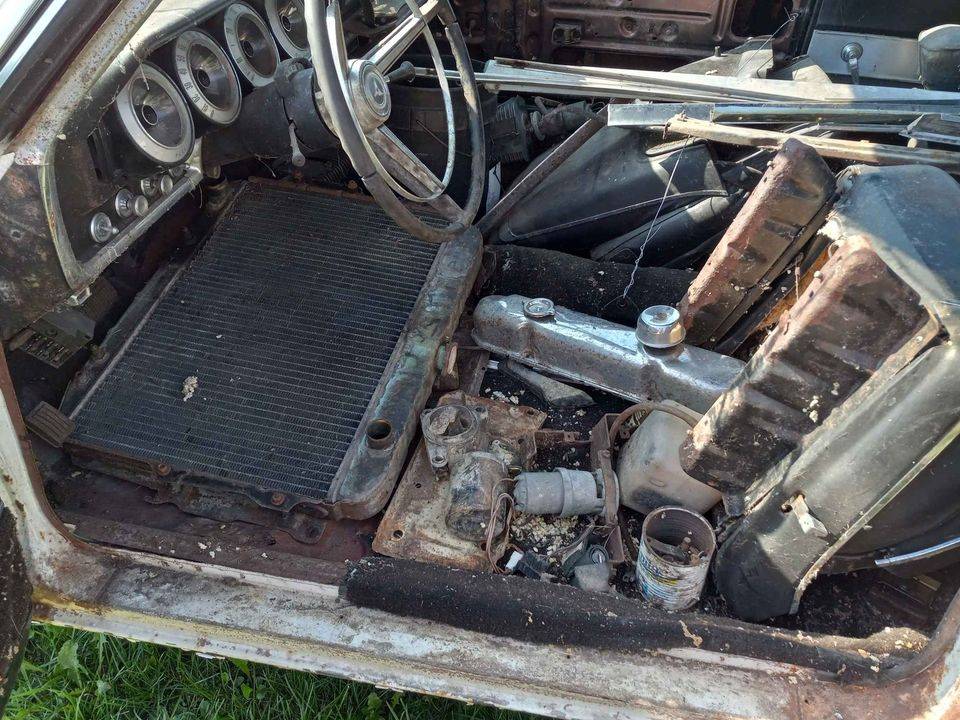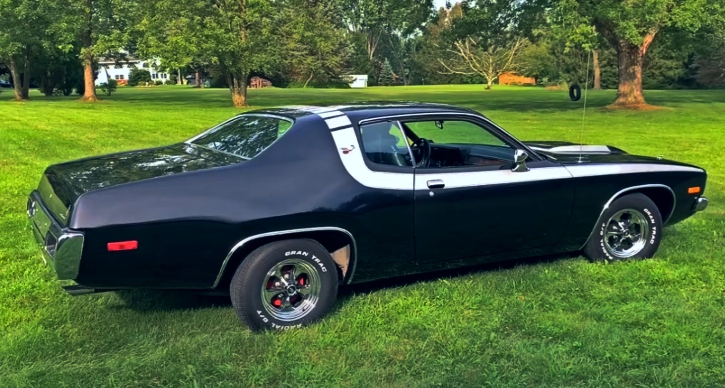High Hopes and Initial Triumphs
With a production tally surpassing 37,000 units, the debut of the first Charger edition led many to believe that this new entrant was destined to dominate the automotive realm. However, this triumph was only the first lap in a longer race to success.

A Bumpy Ride: 1967 Model Year
The landscape took a dramatic turn in 1967, with sales plummeting to almost half of the inaugural Charger’s figures. Merely over 15,000 units were produced by the parent company during this year, marking a significant decline from the initial surge.
Engines That Powered the Charge
The majority of Chargers left the assembly lines equipped with the base 318 2-barrel engine, boasting 230 horsepower. Nevertheless, Dodge also presented formidable options, including the novel 383 Magnum featuring 325 horsepower. Rapidly embraced by Charger enthusiasts, the 383 quickly replaced the previous 361 engine.
The Coveted 426 Hemi
The ultimate power option for the Charger was the illustrious 426 Hemi. This powerhouse engine grew so scarce that collectors are now prepared to invest substantial sums to secure one. Astonishingly, only 27 Chargers departed the factory with the revered Hemi roaring under their hoods.
A Glimpse at a Dormant Charger
A recent Craigslist listing unveiled a dormant treasure – a Charger housing a 383 engine within its bay. However, the mighty big-block engine currently rests disassembled. It seems a prior owner commenced a restoration journey, disassembling the engine for a rebuild. The project, regrettably, met an untimely halt, leaving the Charger strewn with parts across its cabin and trunk.
The Dormant Years and Rekindled Hopes
Residing in a barn for nearly three decades, this Charger’s story involves patience and anticipation for a well-deserved revival. While some parts went astray during this dormant period, essential elements like headlights and the grille endure within the car, ready to aid its rejuvenation.
Peering Beneath the Surface
The Charger’s metal framework appears promising, adorned with the telltale signs of rust that often accompany vintage vehicles. Thorough scrutiny of the floors, a task impeded by limited visual access, is crucial. The extent of these rusted areas, a result of its 28-year barn stay, might necessitate comprehensive replacements, a determination that requires in-person inspection. The trunk, though more intact, demands a closer assessment to ascertain potential restoration needs.
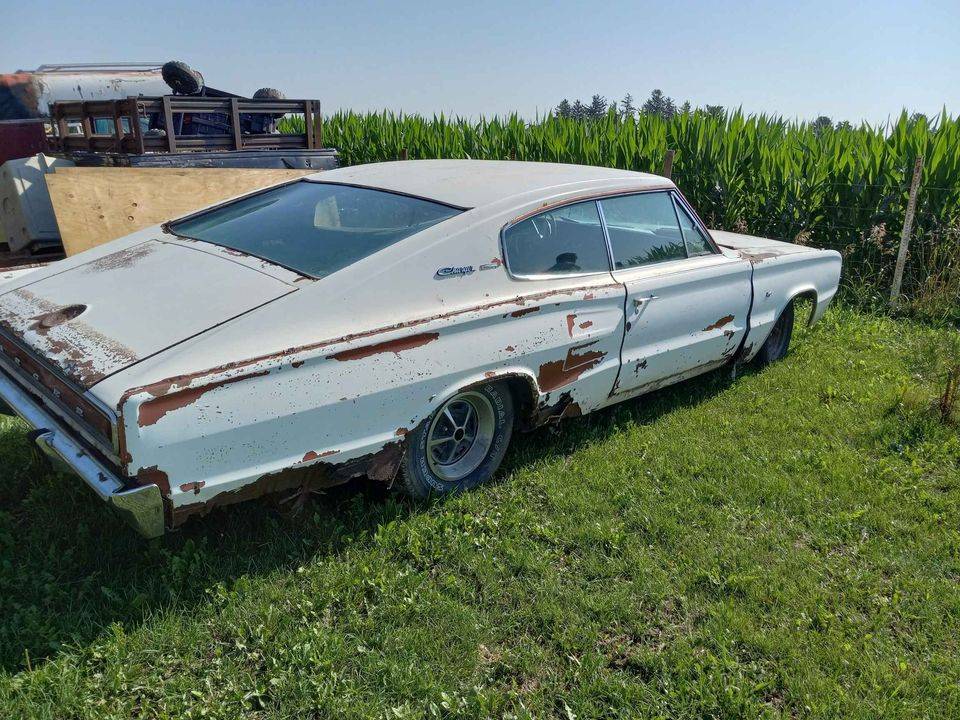
The Path Forward
On first impression, this Charger presents an alluring project, heightened by an attractive price point. With an asking price of $5,000, the seller’s expectations seem reasonable, particularly if the components essential for reconstructing the engine remain intact. Consulting a skilled mechanic can provide insights into the Charger’s viability, making a visit to Kewanee (near Chicago) imperative before sealing the deal.
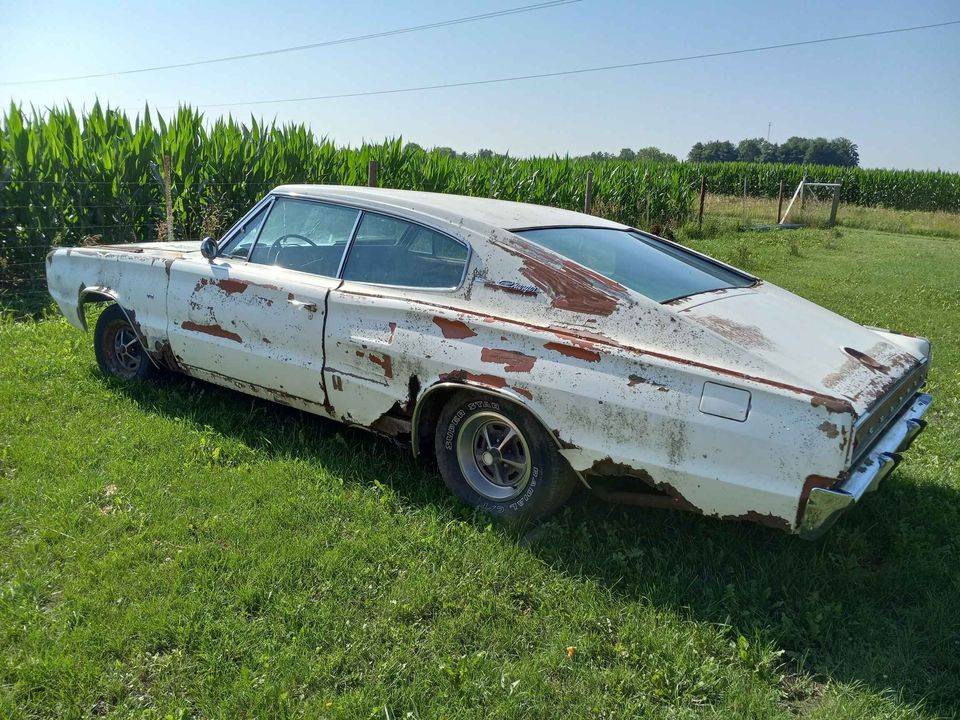
FAQs:
Q1: What marked the sales trajectory of the first-generation Dodge Charger?
A1: The first-generation Dodge Charger initially soared with over 37,000 units produced, only to witness a significant drop in sales to around 15,000 units in the following year.
Q2:How did the 383 and the 426 Hemi engines contribute to the Charger’s legacy?
A2: The 383 engine gained popularity swiftly, supplanting the previous engine and becoming a favored choice among Charger buyers. The 426 Hemi, a coveted powerhouse, left an indelible mark despite its rarity.
Q3: What should potential buyers assess in this dormant Charger?
A3: Prospective buyers should closely inspect the floors for rust, as well as examine the trunk’s condition. Engaging a mechanic’s expertise is crucial to make an informed decision.



